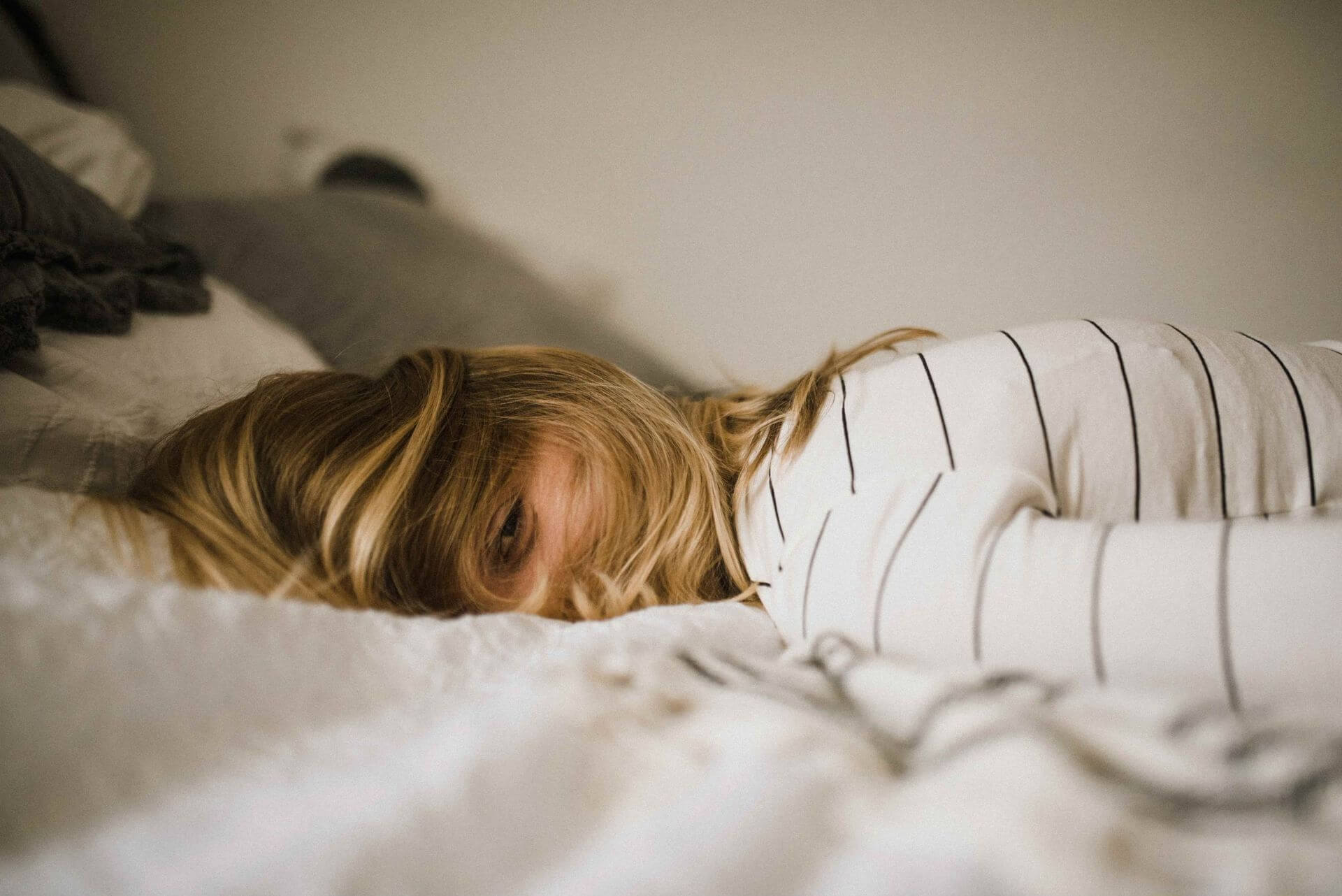All posts
What is Hangxiety?
Enjoying a few drinks with friends can be fun – but the hangover anxiety that can follow is anything but. ‘Hangxiety’ has become a popular term to describe the feeling of anxiety after drinking. You may be familiar with the physical symptoms of a hangover, like a headache and nausea. But the morning after a […]


Enjoying a few drinks with friends can be fun – but the hangover anxiety that can follow is anything but.
‘Hangxiety’ has become a popular term to describe the feeling of anxiety after drinking. You may be familiar with the physical symptoms of a hangover, like a headache and nausea. But the morning after a big night can also bring psychological symptoms, like fear and shame around something you may have said or done.
This article will dive into the science and psychology behind hangxiety and how to cope with an alcohol-induced anxiety spike.
Why do we get anxiety after drinking?
There’s a reason we might reach for a drink to wind down after a long day.
Many people use alcohol to relax and loosen up – especially in social situations – because drinking alcohol has a calming effect on the body. It blocks glutamate, a chemical responsible for anxiety.
It can give us that familiar “buzz” – feeling relaxed, less anxious, and maybe a bit more easy-going and quicker to laugh.
But when the effects of alcohol wear off, our brain tries to rebalance things by producing more glutamate to make up for what it sees as a ‘deficit’. But what we’re left with is a bit of a glutamate ‘overload’ and added anxiety and stress.
People with high levels of shyness may be more prone to hangxiety than others. A 2019 study measured levels of anxiety in people of varying levels of shyness before, during, and after drinking and sober periods. It found those who drank alcohol saw some decrease in anxiety symptoms when drinking, and those who were highly shy tended to have higher levels of anxiety the next day.
Some common symptoms of hangxiety include:
- Restlessness
- Irritability/moodiness
- Inability to focus on normal tasks
- Racing heart
- Excessive sweating
- Racing or unwanted thoughts
- Feeling overwhelming shame, worry or embarrassment from previous night.
People with an existing anxiety disorder can be more likely to experience hangxiety, but experiencing hangxiety doesn’t necessarily mean you have an anxiety disorder.
How to handle hangover anxiety
If you’ve woken up from a big night with more than a sore head, these strategies may help ease your hangxiety.
Look after your body
First things first: Do what you can to keep your body functioning and feeling as good as possible. Avoiding caffeine, staying hydrated with plenty of water and eating small, light meals can help reduce your physical and psychological symptoms.
Get enough rest
Alcohol and disrupted sleep often go hand in hand, and poor sleep can worsen hangxiety symptoms. If you’ve skimped on your eight hours and have the chance to catch up on some sleep, get horizontal and close those eyes.
Try relaxation exercises
There are endless anxiety exercises that can help calm your brain and promote relaxation, such as:
- Inhaling through your nose for four seconds, holding for seven, and exhaling through your mouth for eight.
- Doing a mindfulness body scan and checking in with the sensations from your head to your toes.
- Interrupting anxious thoughts by listening to upbeat music or thinking of happy memories with someone you love.
If you need some extra support coping with feelings of anxiety, talking to a counsellor can help. You can learn about our counselling services here, or call 1300 364 277 to book an appointment in person, over the phone, or via Zoom video.
Learn about some of the different types of anxiety in this blog post.
Back to all posts